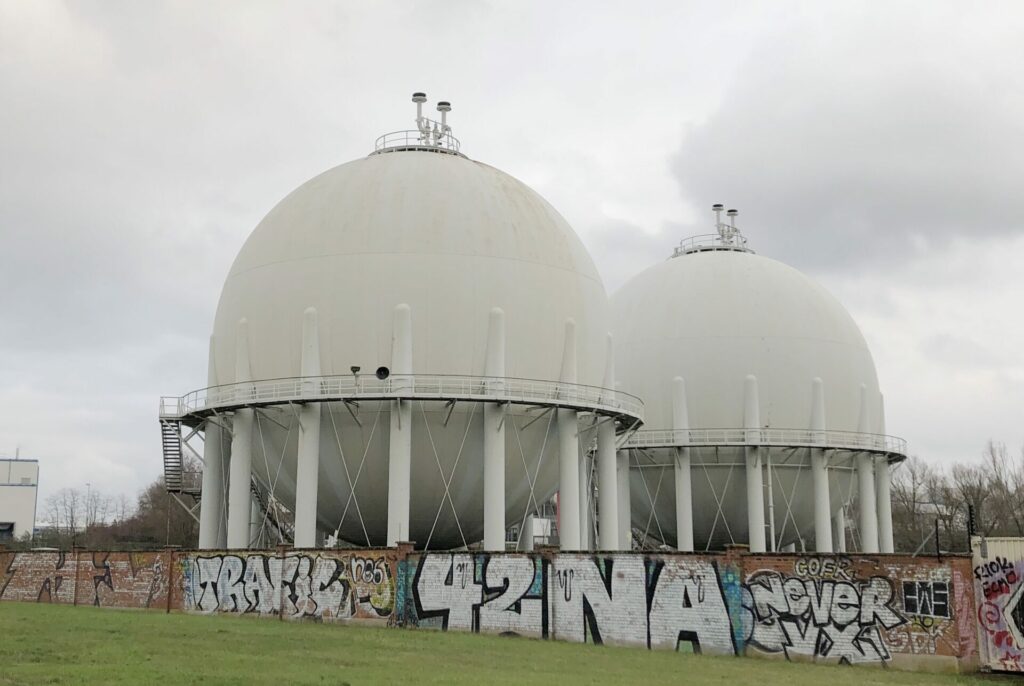Members of the Pentalateral Energy Forum, signed a declaration in Berlin on further natural gas storage cooperation, according to a press release from the Benelux group.
The forum, a regional cooperation framework made up of energy ministers from the Benelux nations (Belgium, Netherlands, Luxembourg), Austria, Germany, and Switzerland created in 2005 to facilitate cooperation on European energy policy, has stressed to harmonise member stated policy in relation to the storage of natural gas.
In December 2021, European gas storage for the winter dropped to their lowest levels in five years. Russia’s refusal to utilise Ukrainian gas transit infrastructure and stronghold on the supply of natural gas sent prices spiralling in the winter. In December the price of gas reached $2,000 per thousand cubic metres.
In order to fill underground gas storage facilities, European commodities traders were forced to replenish gas stores with expensive gas and low volumes.
Planning for a cold winter
Russia’s invasion of Ukraine has continued this trend of historic highs. On March 7, natural gas prices on the Dutch TTF futures index peaked at over €227 per megawatt hour. Western sanctions and fears over potential Russian counter sanctions are fuelling these rapidly escalating costs.
In order to avoid a repeat of last winter, European energy ministers are looking to work together on a common approach to storing gas.
Related News
- US promises EU extra 15 billion cubic metres of gas this year
- The knock-on effects of the energy crisis on Belgian lifestyles
“With the current geopolitical situation, they signed the agreement to ensure the security of gas supply for European citizens and companies during coming winters, to alleviate high energy bills, and to promote the smooth functioning of the European energy market,” the statement reads.
In response to rapidly escalating costs, and to avoid giving the Kremlin money in the form of payments for natural gas, EU countries agreed on the joint purchase and storage of gas, hydrogen, and liquified natural gas on March 26. This measure will lessen Russian energy dependence and protect Europeans from high costs.
Pay now, save later
According to President of the Pentalateral Energy Forum Claude Turmes, gas storage is an important element in protecting the European energy sector.
“Gas storage facilities are very important assets to promote, not only the proper functioning of the European gas market, but also the security of gas supply.” Turmes also added that the group was working towards developing “appropriate frameworks” for the storage of natural gas.
The forum also believes that it is important for European nations to utilise a cross-border gas storage framework, in order to help countries with little or no gas storage capabilities. Europe currently possesses 170 underground gas storage facilities with a total capacity of 4,269.7 billion cubic feet.
42% of this capacity comes from Germany, which has 260.5 Terawatt-hours (TWh) of storage capability. Belgium, on the other hand, has just 9 TWh.
The forum finally noted that, while coordination on the storage of gas is important, Member States must work to “intensify their work at national, regional, and EU level to accelerate the development of energy savings and renewable energy sources.”

